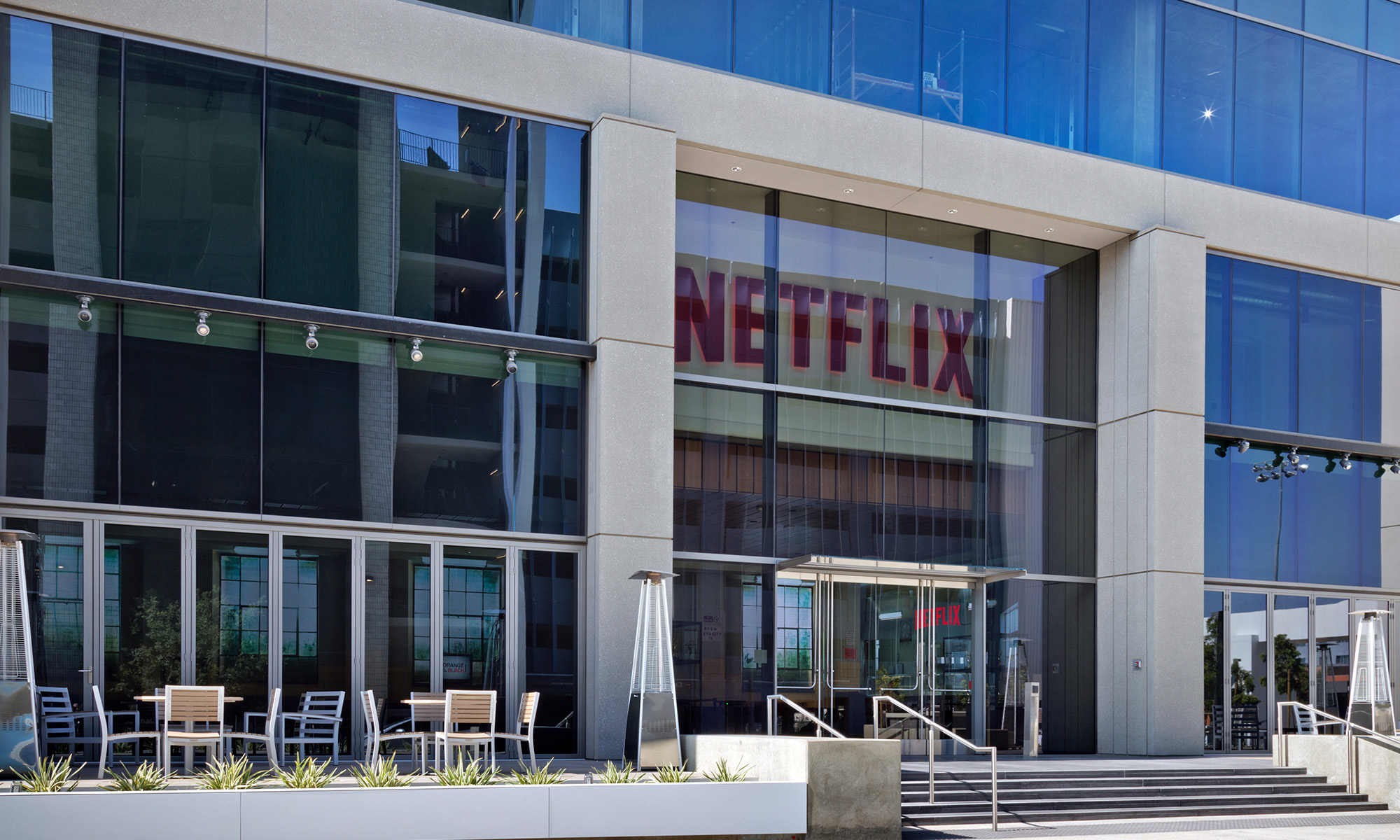The partnership between Disney (DIS +1.89%) and Netflix (NFLX 1.75%) to get some of the more obscure Marvel characters on the latter's streaming service is working its way to a sudsy finish. Netflix and Disney's Marvel announced over the weekend that there won't be a new season for The Punisher and that the upcoming third season of Jessica Jones would be the show's last when it becomes available later this year.
Netflix announced a partnership with Disney's Marvel in 2013, and by the springtime of 2015, Daredevil had become the first of what would eventually be five different shows combining for 13 seasons and 161 hour-long episodes. Daredevil, Iron Fist, and Luke Cage were nixed late last year. Diehard fans of the five shows and The Defenders series that tied together several of the storylines are the ones suffering the most, but let's not assume that Disney and Netflix are getting away without any long-term damage here. The cancellation of the shows was inevitable, but this is definitely not an inconsequential event.
Check out the latest Disney and Netflix earnings call transcripts.

Image source: Netflix.
Something is cooking in Hell's Kitchen
With Disney set on launching its own branded streaming service by the end of this year, it's easy to see why the partnership with Netflix was on borrowed time. The upcoming launch of Disney+ finds the media giant starting to pull content from Netflix's market-leading platform as the movie and show renewals come up, and when Captain Marvel works its way through next month's theatrical release run, it will be the first recent Disney movie not to be available on Netflix a few months later.
Each company could claim victory here. Disney needs some degree of exclusivity with its unmatched content catalog to launch Disney+ with a bang, and pulling seemingly successful shows from what will be a rival platform does make the competition weaker. Netflix will save some serious dough as it cuts smaller licensing checks to Disney that it can reinvest elsewhere. However, it's not fair to say that both companies can win at the expense of the fan bases for cult faves.
Let's start with Disney. The House of Mouse will have a strong opening hand when it debuts near the end of this year, and it's been working on original shows spun off from its valuable Lucasfilm and Marvel libraries. However, it will take a long time before Disney+ comes anywhere close to approaching Netflix and its nearly 140 million paid global streaming memberships. In this world of scalability, the much smaller Disney+ audience will limit how much Disney can invest in original content relative to Netflix. There's also a significant opportunity cost to keeping once-licensed catalog content available only to its more modest Disney+ subscriber base. Disney will invest in original Marvel content for Disney+, but it will be consumed by fewer fans for the next several years.
Netflix is also going to feel the pain. The same streaming service that used to win critical accolades for bringing back network shows from the dead is now taking on the role of the bad guy that's cancelling those shows. It's no longer a hero, and the blow to its reputation can come back to haunt Netflix, as consumers have to start making decisions on which streaming services to keep. The more that consumers need to hunt for the content they want, the more likely they will have to cherry-pick the platforms that earn their disposable-income dollars. Everyone loses in this situation when the rules for winning start changing.







